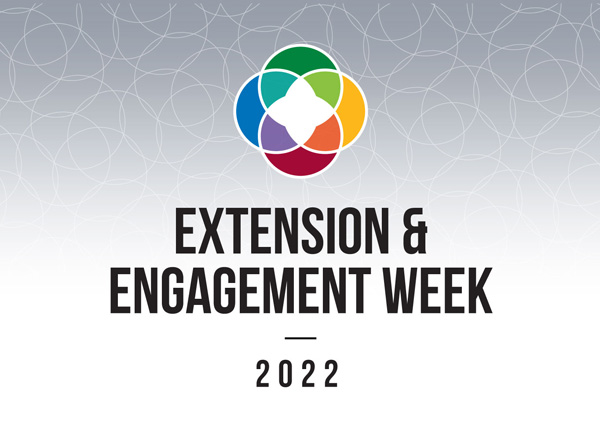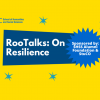It wasn’t that long ago that grocery store shelves were consistently full, prices were relatively predictable, and supply chains were reliable, but our world has changed. Out of Stocks are increasingly frequent in retail and food service, and the pandemic highlighted weaknesses and instability in global supply chains.
For the first time since WWII, food security is once again national security. Climate change and localized severe weather events — e.g. droughts in Brazil, poor harvests in Argentina and Canada, late planting in the U.S. Midwest — all make agriculture production less predictable across the globe, creating unprecedented market volatility and a demand for more resilient crops and livestock.
Political factors like Brexit, the war in Ukraine, heightened trade conflicts between the U.S. and China are further destabilizing global markets, upending food and agriculture policy with secondary impacts for farmers and food companies around the globe.
Food inflation is challenging consumers and manufacturers, with the greatest impact on those who can least afford it. And the World Bank is predicting more of the same, as nations struggle to deal with climate change and its long-term disruptive effects on food policy, production, access and prices.
We are living in a time of volatility that presages even more radical changes to come. How will we respond to these great challenges and opportunities? Will we be able to anticipate them rather than just react to them?
Join us on Oct. 11 when Jason Clay of the World Wildlife Fund and Charlie Arnot of The Center for Food Integrity keynote Extension and Engagement Week. They will share five realities you may not know and five opportunities to make a difference in the future of food and agriculture. Make plans now to join us for this thought-provoking and highly interactive session.








